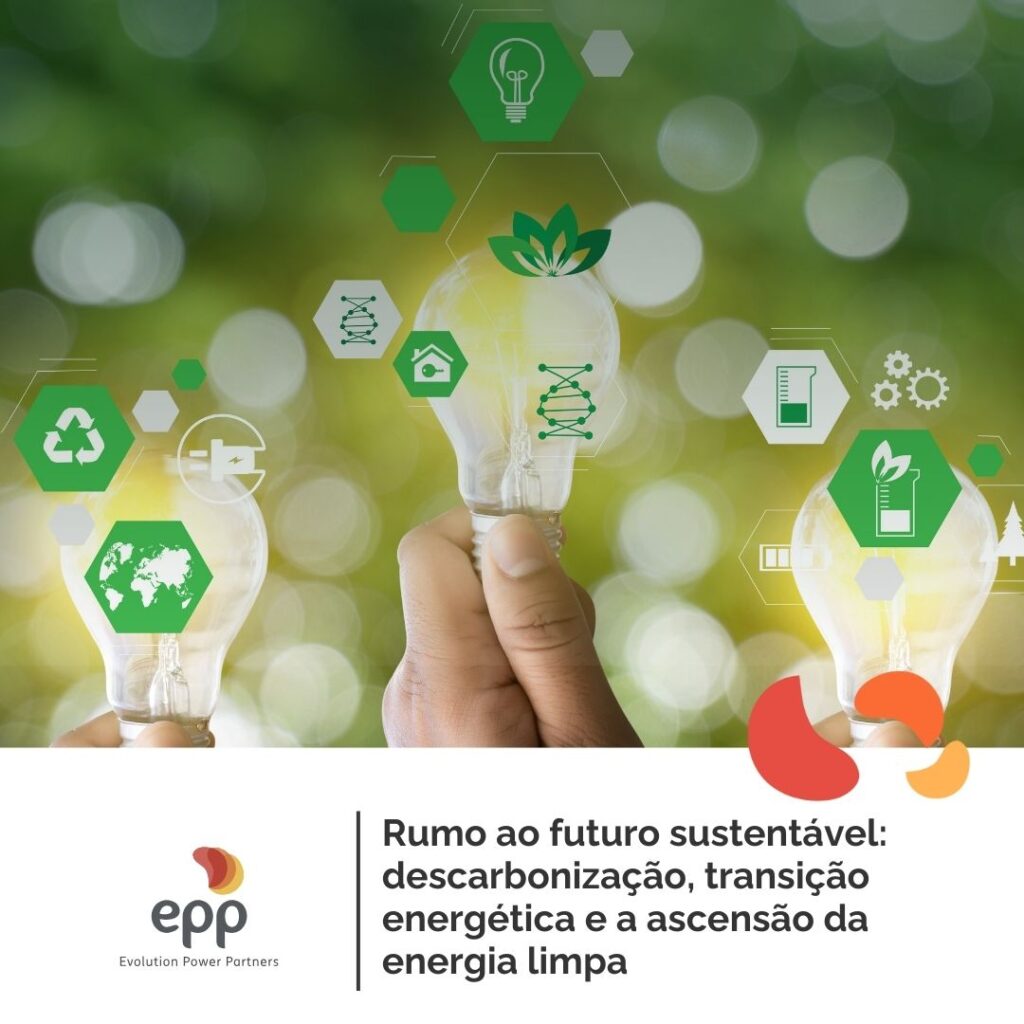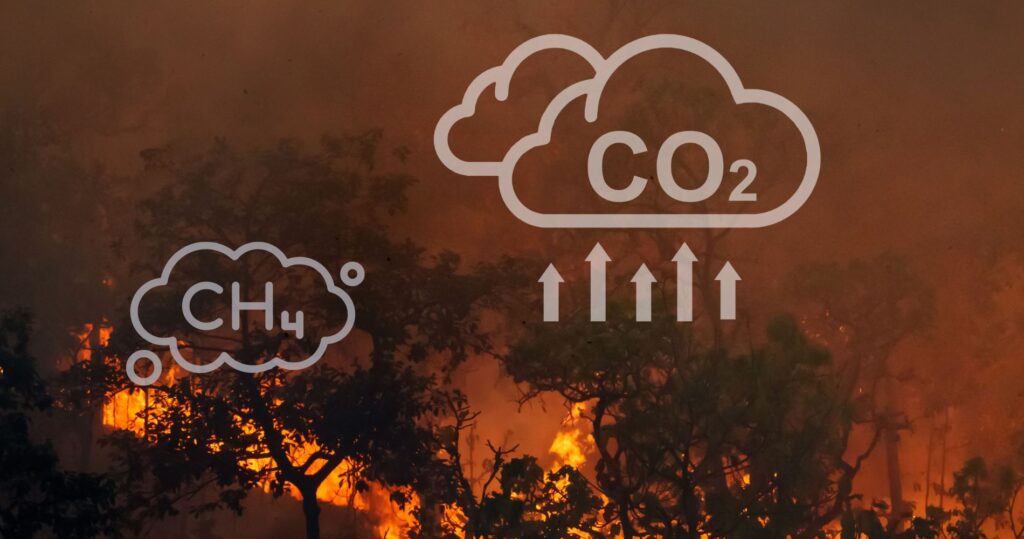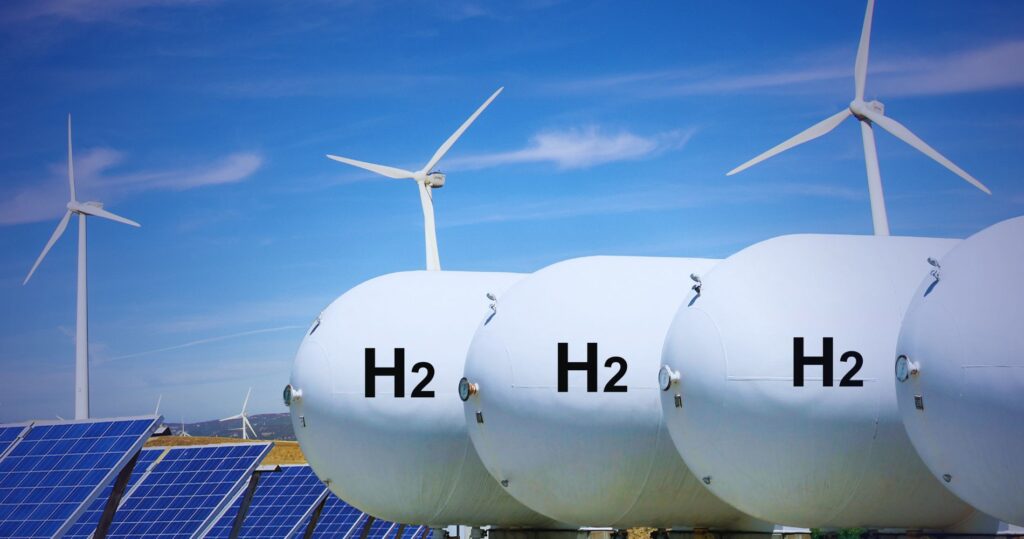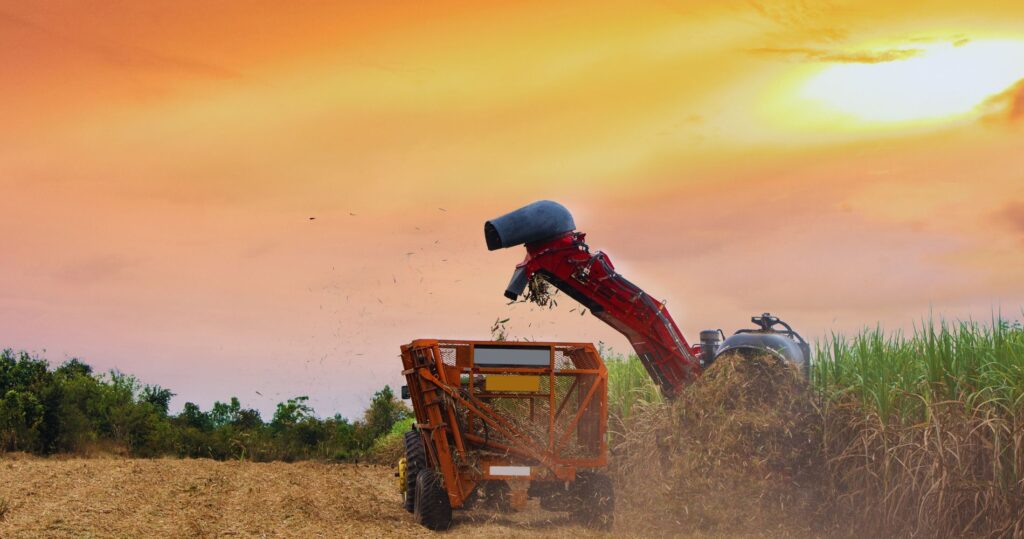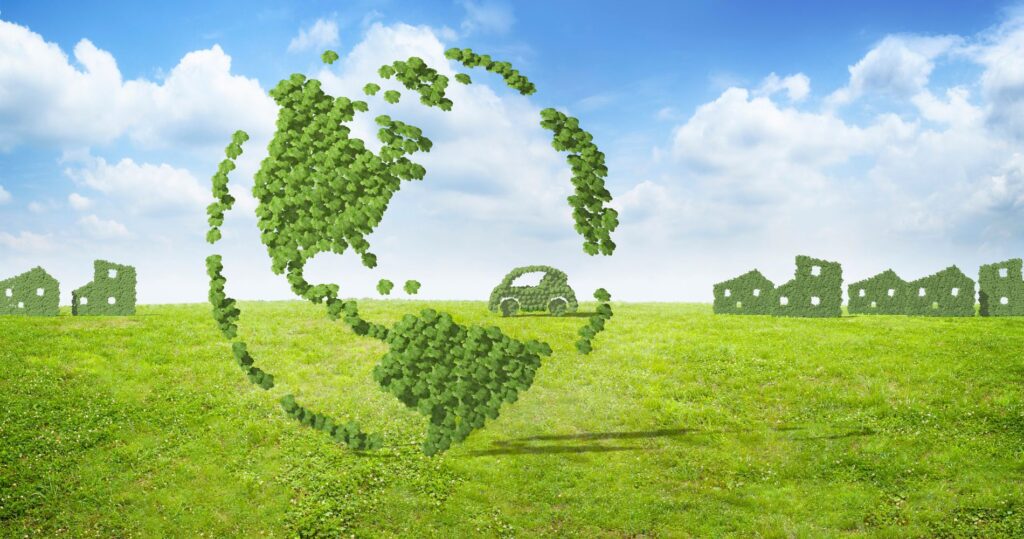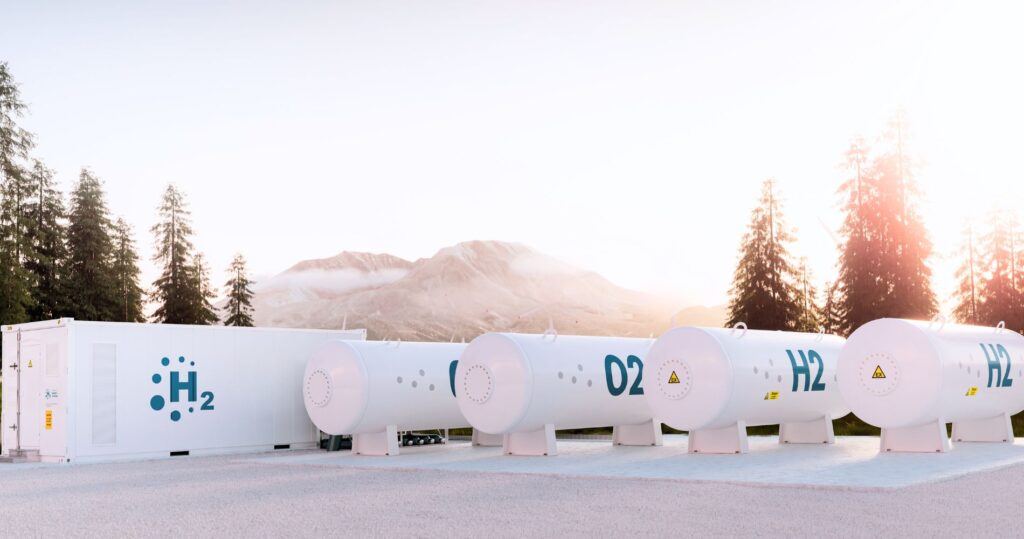What is the Energy Transition and What Does Decarbonization of the Economy Mean? The energy transition refers to the process of transforming the global energy system, replacing fossil fuels like oil, coal, and natural gas with renewable and sustainable sources such as solar, wind, and hydroelectric power. This movement is driven by the urgent need […]
In a world increasingly aware of the impacts of climate change, decarbonization, energy transition, and the adoption of clean energy are key concepts. Decarbonization refers to reducing or eliminating carbon dioxide (CO2) emissions in production and energy processes, a necessary step to combat global warming. The energy transition involves shifting from fossil fuel-based energy sources to renewable alternatives, such as solar and wind, which have a much smaller environmental impact. Clean energy, which encompasses these renewable sources, is vital for a sustainable future and is central to global climate policy discussions.
Main Greenhouse Gases and Their Impacts Greenhouse gases (GHGs) are gaseous components that contribute to the greenhouse effect, a natural phenomenon that keeps the Earth’s temperature habitable. However, the excessive concentration of these gases in the atmosphere, mainly resulting from human activities, has intensified global warming, leading to significant climate changes. The main GHGs include […]
Brazil has stood out on the global stage as one of the leaders in the energy transition to more sustainable sources, particularly in the development and use of biofuels and the electrification of transport. The new industrial policy launched by the federal government highlights biofuels and electric vehicles as priorities, aiming for a cleaner and more sustainable transport energy matrix.
Green hydrogen emerges as an essential protagonist in the transition to a low-carbon economy. Its production, through the electrolysis of water using renewable energy, offers a promising path to reducing greenhouse gas emissions, especially in industrial and transport sectors where direct electrification is not viable.
As the world becomes more aware of the environmental and social impacts of its actions, the Brazilian logistics sector is at the forefront of adopting ESG (Environmental, Social, and Governance) practices. This article addresses the innovations and challenges faced by the sector, with a special look at the contribution of sustainable initiatives such as the use of biomethane.
RenovaBio, an ambitious Brazilian government program aimed at promoting biofuels, celebrates four years of existence facing divided opinions. On the one hand, fuel distributors request adjustments, arguing insufficiencies in the program. On the other hand, the Brazilian Biogas Association (ABiogás) praises the success of RenovaBio, highlighting its positive impacts on the environmental sector and the economy.
Today, December 1st, Brazil began its term as president of the G20, the influential group that brings together the nineteen main global economies, in addition to the European Union and the African Union. This period of leadership, which will last until November 30, 2024, marks the first time that the country has held such a position. During this year, Brazil's priority focus is to promote the transition to sustainable energy, drive changes in global governance and redouble efforts to combat inequality and hunger.
Hydrogen, the most abundant element in the universe, promises to revolutionize the energy sector with its "colored" variants, such as gray, blue and green. Brazil innovates with "green and yellow" hydrogen, derived from ethanol. While there are challenges such as transportation, the opportunities are vast, from job creation to global strategic positioning. Hydrogen symbolizes hope for a cleaner, more sustainable future.


